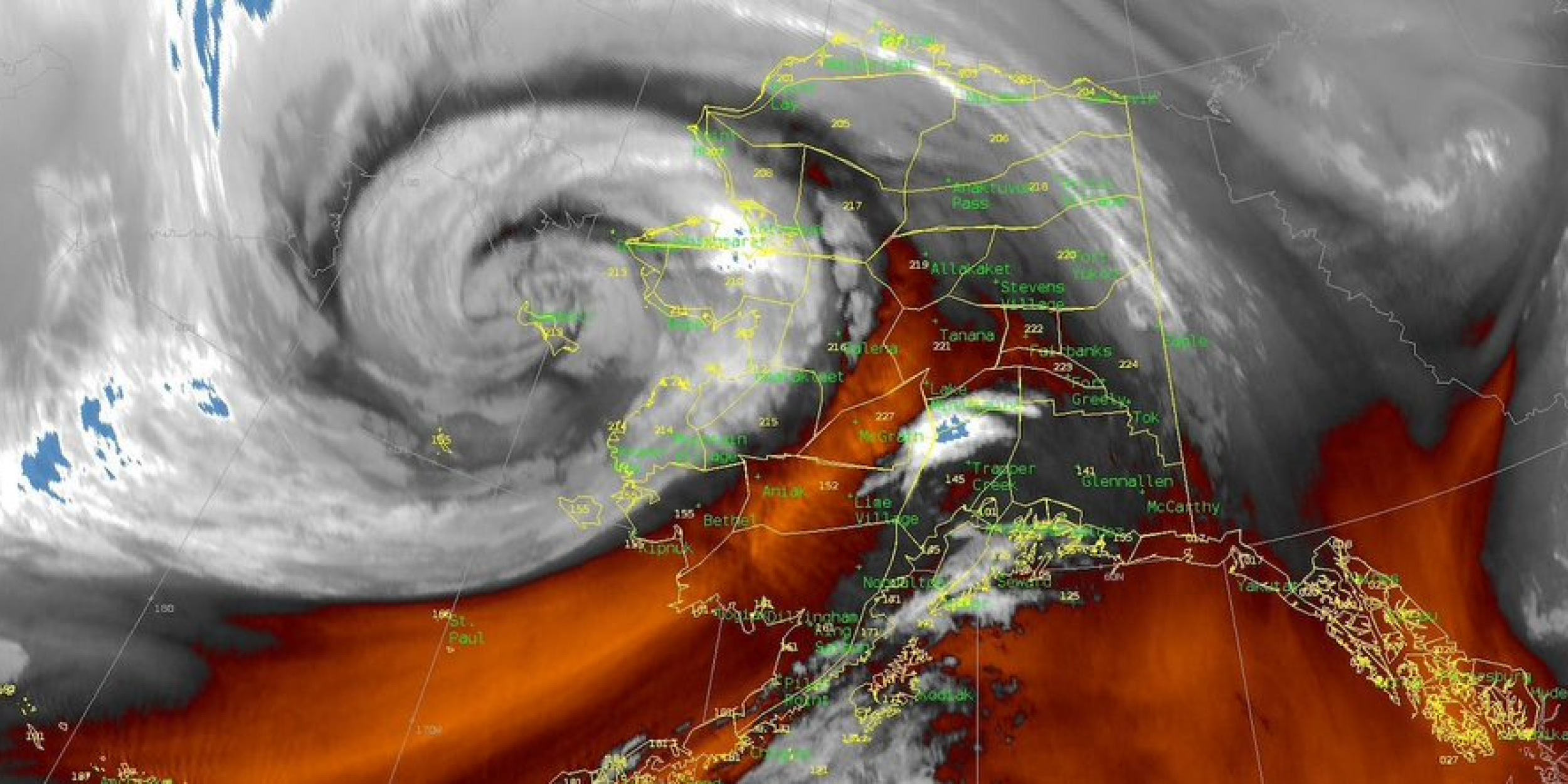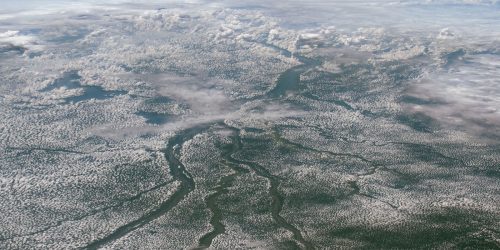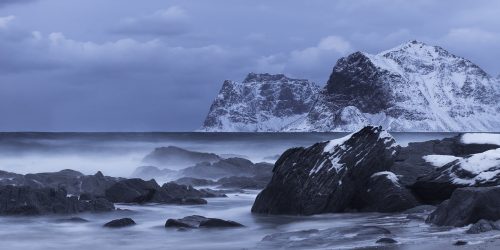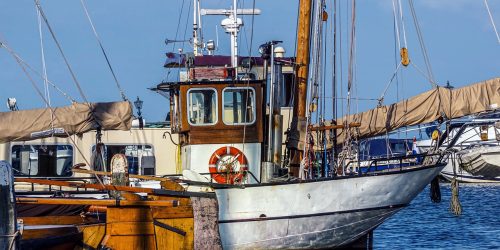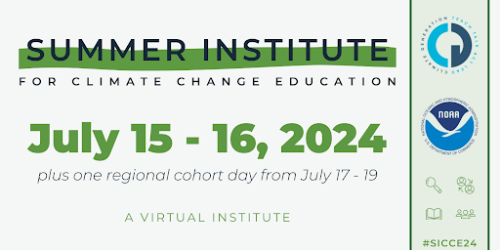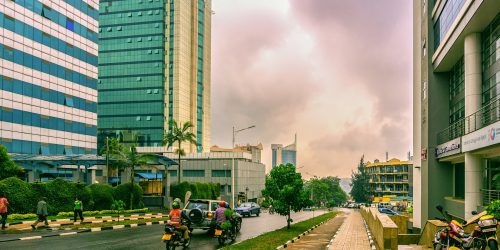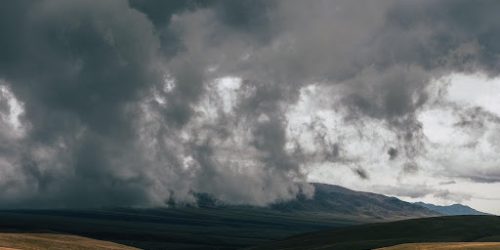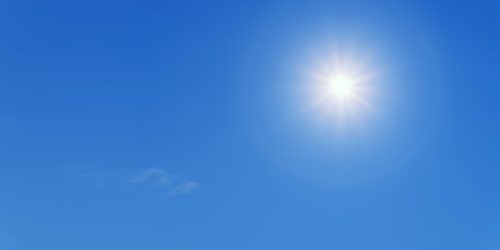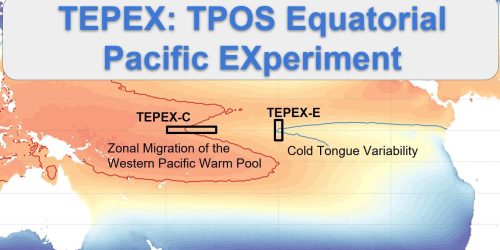Rick Thoman, the Alaska Climate Specialist with the Alaska Center for Climate Assessments and Policy (ACCAP), a NOAA RISA team, provided live media coverage of Typhoon Merbok as it reached Alaska’s western coast on September 17th, 2022. The storm was unusual due to being early in the season and its formation far east of Japan, where historically sea surface temperatures are too cool for many typhoons to form this time of year. Over 1,000 miles of Alaska coastal areas are suffering flood damages which will impact local, predominantly Indigenous, communities through the upcoming winter season. In addition to damaged housing and flood management infrastructure, the western coast’s hunting and fishing season is also disrupted. Limited roads and access to these communities make efforts to rebuild camps, infrastructure, power generators, and phone lines much more difficult as the normal storm season is approaching, allowing only a short window for repairs before winter sets in. Remote Alaskan Native communities rely on a subsistence economy focused on traditional uses such as food, tools, handicrafts, etc. that are now limited by Merbok’s wreckage.
Continued warming of ocean surface temperatures and sea ice reduction create concerns that storms such as Merbok will continue to strengthen and occur earlier in the season. Rick Thoman has played a critical role in providing coverage and expertise on this event, and has been interviewed by the Washington Post, AP KNOM, KYUK, NPR (Here and Now), ADN, APRN, KUCB & the Nome Nugget as a trusted source on Alaska climate, weather, and extreme events to provide context of this event and its disproportionate impact on Native Alaskan communities.
For more information, contact Rick Thoman or Jessica Garrison.


